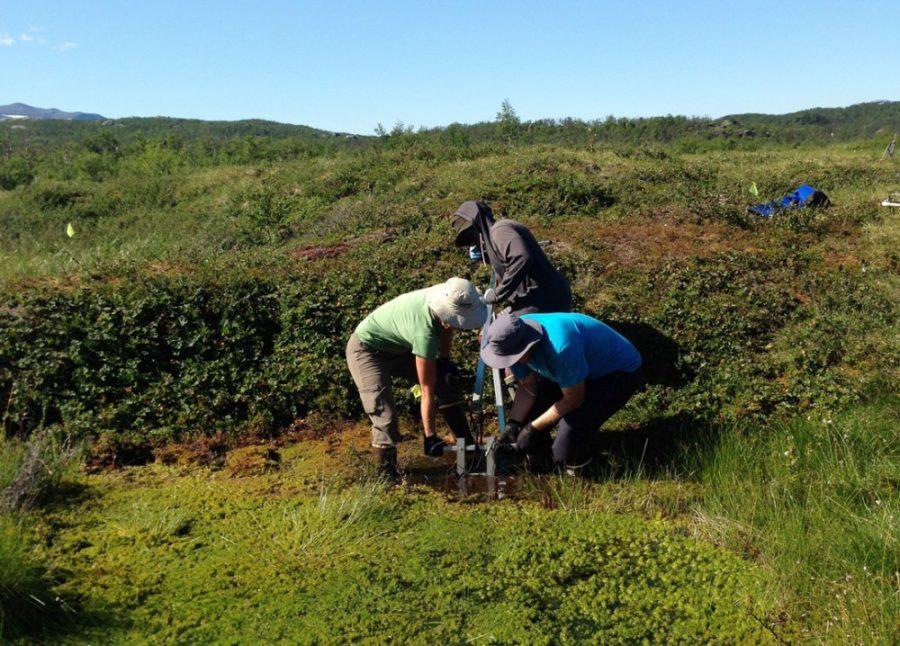For over a decade, the average temperature across the global atmosphere has not increased significantly, causing scientists to ask: Where is all the heat going?
Researchers are finding that the deep waters of the Atlantic Ocean are warming. The new evidence provides insight into how heat cycles on Earth work, allowing researchers to speculate on how climate change further impacts our daily lives.
Before 2000, the average global atmospheric temperature had been rising for a couple of decades. Over the past 15 years, the temperature increase has come to a halt, according to an article published in the journal Science in August by Xianyao Chen from the Ocean University of China and Ka-Kit Tung from the University of Washington. As scientists try to explain this phenomenon, they are better understanding the temperature flux cycle of the oceans and the atmosphere to describe how the heat transfers between each body over time.
“This study gives us better insight into the natural variation [of Earth],” said Paul Goddard, a geosciences graduate student. “[We know the planet] is warming, we just need to find out where the heat is going because we do not see a rise in temperature in the global surface temperature database.”
Chen and Tung explain that the deep waters of the Atlantic Ocean are heating up because the waters are absorbing the heat that would otherwise be in the atmosphere and at the surface of the ocean. Goddard also explained that a great feature of the Science article is the usage of observed temperature trends — instead of models — showing how the Atlantic Meridional Overturning Circulation, a major current in the ocean, is able draw in heat to greater depths.
Goddard’s research looks at sea levels by studying changes in ocean currents such as the AMOC. Goddard wants to study how this increase in deep ocean temperature could impact sea level rise on the east coast.
But what does this mean for life?
“Perhaps in these environments … it will promote chemoautotrophy,” said Virginia Rich, an assistant professor in the department of soil, water and environmental science. “There are many chemoautotrophic bugs down [in the Atlantic Ocean]. When you ramp up the temperature a half of a degree, or a degree, it won’t kill them but it may make them more active, which can have unforeseen impacts on global change.” Chemoautotrophs are organisms that fix carbon dioxide into biomass, similar to plants, except they use chemical energy instead of the sun.
The deep ocean is a vast habitat and the roles of microbes, such as chemoautotrophs, are poorly quantified, Rich said. Collectively, the large space can have a huge impact, and it is not explored effectively, so it is unknown how the effects scale up, Rich added.Gary Trubl, a graduate student in SWES, said that in his research, which looks at how permafrost thaw, the activation of methane — a potent greenhouse gas — releases microbes and is essential to global change.
“The concern of [microbes] being activated is the positive feedback,” Trubl said. “Once they are activated, you cannot go back and freeze them again. They are going to want to live … and release methane.”
As more is learned about the story of global change, the message is still the same: Humans are the largest contributor, Trubl said.“Being concerned about climate change doesn’t mean you have to rearrange your whole life,” Trubl said. “It just means you need to understand your impact.”
_______________
Follow John McMullen on Twitter.









